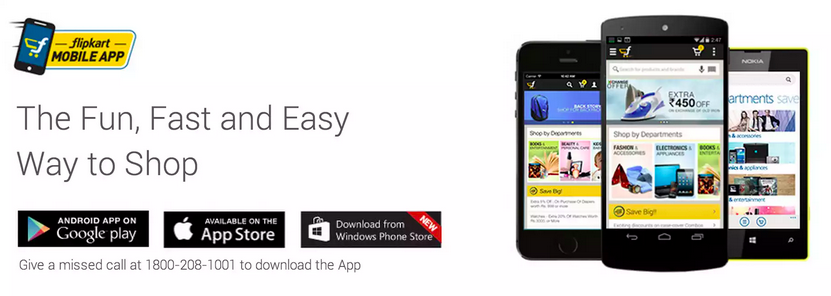Over the past four years, there has been a remarkable increase in overall traffic to health apps in India. Data shows that between August 2018 and August 2022, the total number of unique visitors to health apps increased a whopping 249%, even as time spent on health-related apps increased by 310%. But are they staying? Dr Tilak Suvarna, Senior Interventional Cardiologist, Asian Heart Institute, Mumbai explores the issue.
Also see:
Researchers and clinicians are scratching their heads, trying to understand barriers to long-term engagement, when it comes to health monitoring apps. Whether it is heart rate, blood pressure, fitness, or endurance, these apps offer measurable ways to track and record activity and are extremely useful tools to transform the delivery of clinical care. Yet, if we are to realize the benefits of digital technologies, we have to minimize user attrition. It seems that the excitement shown while visiting these apps dies down just as soon.
Here are three reasons why people don’t stay-
- They don’t have a good opinion of their own health and avoid using these apps.
- They have depressive tendencies.
- The app gets complicated with use.
Doctors and patient counselors in hospitals have a window to the type of person they are treating. They’re in the best position to provide the necessary support for adherence by formulating strategies to assist and motivate persons with higher depressive symptoms and lower self-rated health status. In case an app is particularly useful, it can also encourage feedback to improve its user-friendliness. For obvious reasons, those that are very easily usable and offer measurable support tend to do better.
Health-related smartphone apps are believed to be the biggest game-changer in terms of personal healthcare, and remote monitoring of patients. The best proof of the effectiveness of apps is that the Government itself launched Aarogya Setu during the COVID pandemic. Given the size of India’s population, it recorded massive installs in the days post the launch.
Needless to say, this billion-dollar industry is a hotbed for ‘usability’ innovation with a few stellar names like Fitbit, My Fitness Pal, and Nike Run Club being popular since 2005. Here is a list of new apps as well as a few that are very popular in India.
- StepSetGo is the most popular and widely used mobile health app in India.
- Sweatcoin is a free app that rewards your daily steps with new-generation currency, which you can spend on cool products or donate to charity.
- Global apps are vying for attention too. Burnfit, launched in 2022, helps users achieve their fitness goals through comprehensive workout planning and detailed analysis for tracking health goals after every workout. The ‘HeartinTune’ app, created and launched in 2021 helps to support people in inculcating meditation as a daily habit and helps relieve stress and anxiety while increasing focus and promoting calmness.
Committed adherence has many benefits. As per a Harvard study, these health monitoring apps have promoted the idea of the ‘quantified self.’ The study demonstrated an improvement in both short-term metrics (such as a reduction in patient’s blood glucose and glycated hemoglobin levels) and longer-term metrics (such as a reduction in hospital visits and medical expenses). Patients who adopted health apps in the long term, also undertook higher levels of exercise, consumed healthier food with lower calories, walked more steps, and slept longer on a daily basis. Beyond BP and heart rate, these apps also help people track their sleep patterns, water intake, work productivity, and a variety of other activities. And over time, the barriers to use get minimized.
With over 350,000 health-related apps available in top app stores worldwide, what developers and healthcare professionals need to do is focus on adherence.
This article was contributed by Dr. Tilak Suvarna, Senior Interventional Cardiologist, Asian Heart Institute, Mumbai.







